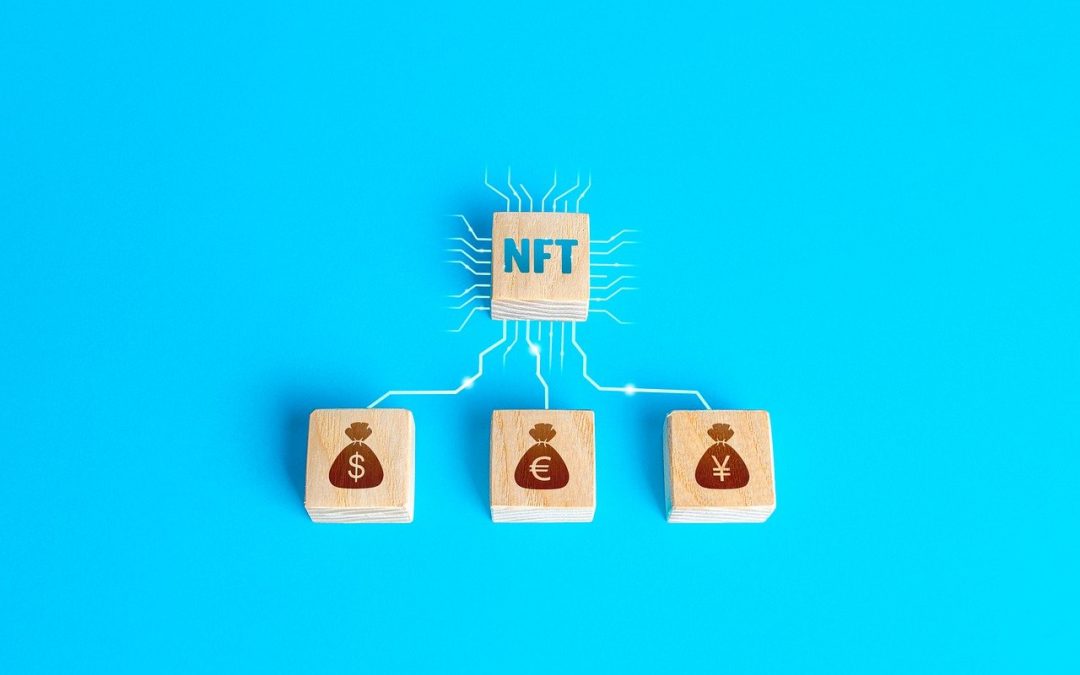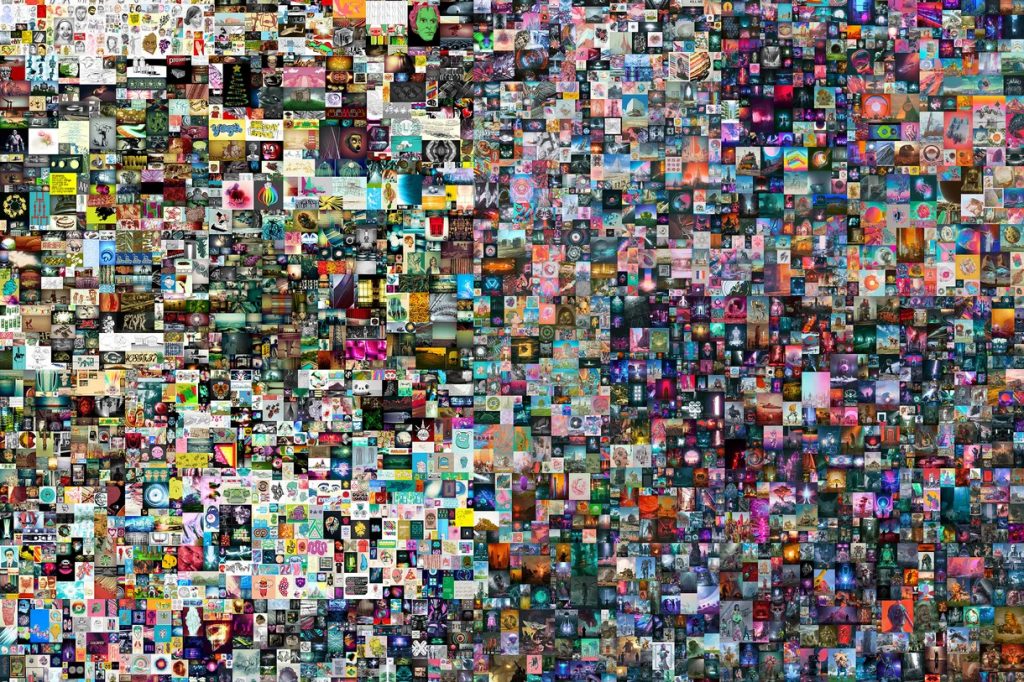Have you ever asked yourself: Are NFTs secure?
Don’t worry. Most people don’t know the answer to this question, but we do.
Nonfungible tokens are an important business opportunity, as they are poorly understood.
And cybersecurity threats occur due to the lack of understanding of what happens during the massive transactions that go through the blockchain-based network
First and foremost, let’s be clear about what they truly are…
What are NFTs (Nonfungible Tokens)
An NFT is a unique virtual asset that can’t be interchangeable (not even with another of equal value). It cannot be duplicated by anything or anyone.
Which makes it different from both physical and digital currency. After all, bills and cryptocurrencies have unique markers but each’s functionally is identical to another.
It’s a truly fun and revolutionary idea, with a lot of potential for most creatives. This is why it’s so popular among artists. The $69 million sale of a tokenized JPG reported by the New York Times is a perfect example of this.
This “big money” hype inside the art market also makes it one of the most targeted by criminals.
Are NFTs Secure? Or can they be Stolen?
NFTs are secure but they can STILL be stolen as your bank credentials can be stolen too.
Why?
A private key is given to each person to manage the ownership of the digital wallet. You hold it privately and then use it to resell NFTs. Here’s where we find the first vulnerable spot.
Blockchain-encrypted web addresses have been and are still used to link to NFT assets.
This is because the records aren’t big enough to hold the image file as a whole. So, you (the NFT buyer) aren’t getting token representing the asset, but instead, links that exist on verifiable live websites.
The second vulnerable point indicates that the NFT’s value would disappear in the case of an online breach or if the marketplace go out of business.
The lack of strong regulation (that brought blockchain technology after all) also makes it hard to ensure compromising data isn’t sold to the highest bidder, as it happened on Coindesk, where someone tried to sell an NFT collection containing a zero-day exploit.
Weeks after the big Beeple’s sale, platform Nifty Giveaway received reports of accounts being hacked mostly through phishing and for not having 2FA activated.
Once inside the accounts, the thieves used the financial information attached to them to buy new artwork for themselves or directly stole the ones owned on that account.
And due to the nature of Blockchain, it’s practically impossible to return the transaction.
Of course, these companies behind them possess heavily armored cybersecurity infrastructures.
So, the chances of getting your marketplace are low and mostly depend on you.
How to Protect your NFTs
Blockchain technology has a lot of potential to become the main secure enabler for financial transactions, but there’s no doubt it still has security issues.
What can you do about it?
Users should also take timely action if they receive any unauthorized device or access notifications from the platforms regarding any access or logins to their wallets.
- Add Protection Layers: You can start by storing the NFT on a hardware wallet (or distributing many among different ones). Enable two-factor authentication and any other additional security settings, if available.
- Frequently Check Your Assets: Once you learn NFT marketplaces are often under the target of major phishing, denial of service, and ransomware attacks, then you understand that it’s important to frequently monitor this long-term investment.
- Zero-Trust Security and Network Monitoring: The first one is ideal to limit the number of privileged users who can access your assets, in case, there are more people involved. Along with this, you can use monitoring tools to proactively pinpoint possible exfiltration issues.
Can you imagine what could happen if someone steals your NFTs?
That would translate into hundreds, thousands, or even hundreds of thousands of dollars lost.
We can keep you and your business safe at all times for a fraction of that.
Want to talk about what concerns you? Our experts are ready to listen!

